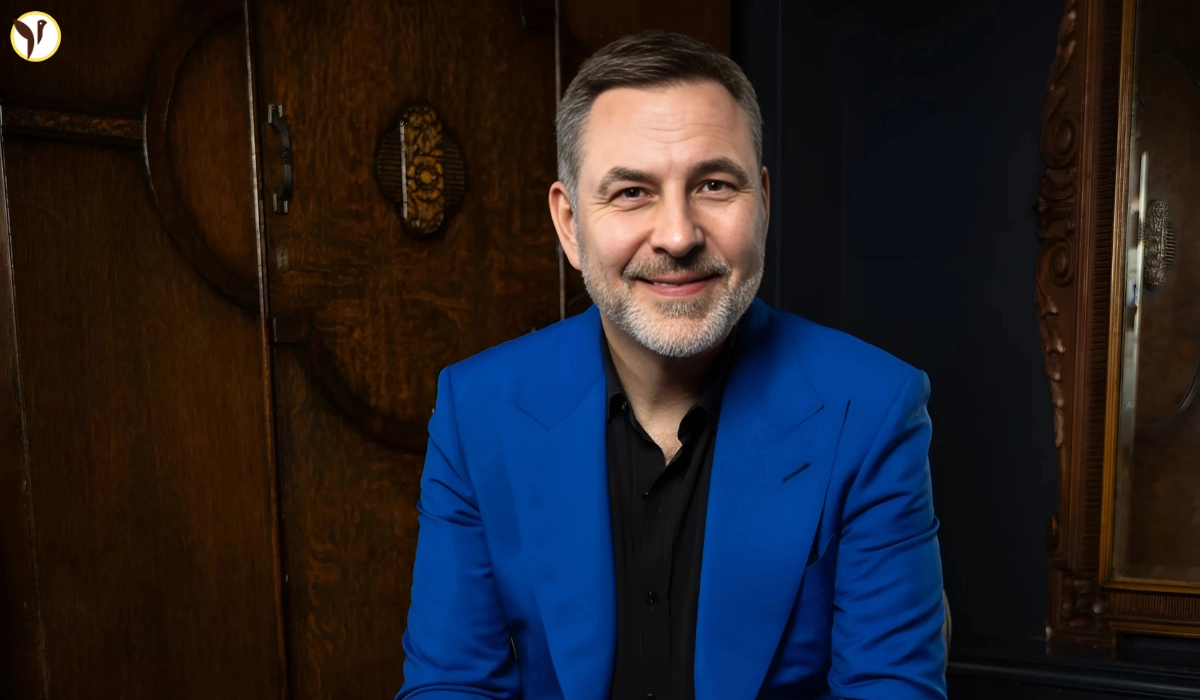David Walliams is under fire after making a gesture widely recognized as a Nazi salute during the recording of a BBC Christmas episode of Would I Lie to You?. The moment happened during a light-hearted segment, but the gesture was quickly viewed as offensive by many in the audience and even the show's host, Rob Brydon. The incident involved Walliams raising his arm in a way reminiscent of a Nazi salute—not once, but twice.
The response in the room was instant. While some gasped, others remained silent. Brydon was quick to point out that the show would be aired before the watershed and that such behavior was not acceptable. Walliams, known for his comedy and TV appearances, has since received criticism from both viewers and media professionals for this lapse in judgment. Though he might have intended it as a joke, the historical significance of the gesture made it inappropriate, especially on a mainstream family show.
BBC and Production Team Respond Promptly
The BBC and Zeppotron, the production company behind the show, have both confirmed that the segment featuring the gesture will be cut from the broadcast. They issued strong public statements, acknowledging the offensive nature of the gesture and reassuring the public that it would not be aired. The BBC expressed regret that the audience at the live recording had to witness such behavior and emphasized their commitment to upholding editorial standards.
This response was important in maintaining public trust. Audiences expect respectful and mindful content, especially on widely viewed platforms like the BBC. The broadcaster has made it clear that they do not tolerate offensive gestures or content that could hurt viewers or communities. Zeppotron echoed the sentiment, saying the action was “completely unacceptable in any context.”
Public Reaction: Disappointment and Debate
As soon as the news surfaced, social media platforms buzzed with reactions. Some people expressed deep disappointment, saying they had previously respected Walliams as a comedian and children’s author. Others questioned why he was allowed back on prime-time TV after previous controversies.
There was also a broader conversation about the importance of context in comedy and whether comedians should be more aware of the consequences of their actions. Many pointed out that, while comedy often pushes boundaries, certain gestures—especially those linked to hate or violence—should never be joked about on public platforms. The conversation has opened up a wider debate on what is considered acceptable humor in modern media.
A Look at Walliams’ Previous Controversies
This is not the first time David Walliams has been involved in controversy. In 2020, leaked audio from his time on Britain’s Got Talent revealed inappropriate comments about contestants, which led to significant backlash and eventually his exit from the show. He later took a step back from the spotlight, focusing more on his writing career and appearing in smaller-scale projects.
Now, with this new incident, his return to high-profile TV is being questioned again. While he still has supporters who believe he can move past this, others think the incident shows a pattern of poor judgment. Whether this affects his career in the long term depends on how he responds moving forward.
What This Means for BBC Programming
The BBC has taken quick action in this case, but it may still face questions about how such a moment made it into a recorded segment. Even though the gesture won’t be broadcast, the public expects higher levels of pre-emptive editorial control. The incident could prompt the broadcaster to introduce tighter checks for live recordings, especially on shows intended for general audiences.
The BBC’s handling of the issue has been generally well received. However, it also highlights the challenge broadcasters face in balancing entertainment and responsibility. As more people become sensitive to gestures and language that carry painful historical weight, broadcasters must ensure their content reflects modern values and public expectations.
Image Source: BBC









